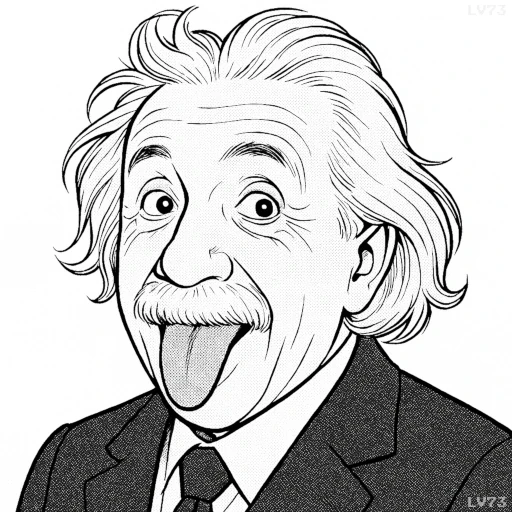“I want to know all God’s thoughts; all the rest are just details.”

- March 14, 1879 – April 18, 1955
- German-born Jew
- Physicist
table of contents
Quote
“I want to know all God’s thoughts; all the rest are just details.”
Explanation
In this quote, Einstein expresses his desire to understand the fundamental truths of the universe—what he refers to as “God’s thoughts.” By this, he means the ultimate principles or laws that govern everything in existence. For Einstein, these core truths are the foundation of reality, and all other knowledge or details are secondary to this overarching understanding. His statement reflects a deep yearning to grasp the essence of the universe and the profound mysteries behind its order and structure.
Historically, this search for foundational knowledge has driven scientists, philosophers, and theologians alike. Figures like Isaac Newton, Galileo, and Stephen Hawking sought to uncover the fundamental laws of physics, believing that understanding these principles would unlock the secrets of existence. Einstein’s statement conveys a similar passion for discovery, emphasizing that understanding the “mind of God” (or the basic truths of reality) transcends individual scientific facts, which he views as mere “details” in the broader scheme.
In today’s context, Einstein’s words inspire us to seek deeper meaning and connection in our pursuits. While details and specific knowledge are essential, his quote encourages us to look beyond them to understand the greater principles that give coherence to the universe. This perspective reminds us that curiosity about fundamental truths—whether in science, philosophy, or spirituality—is what drives meaningful inquiry, fostering a holistic approach to knowledge that aspires to grasp the interconnectedness of all things.
Would you like to share your impressions or related stories about this quote in the comments section?

